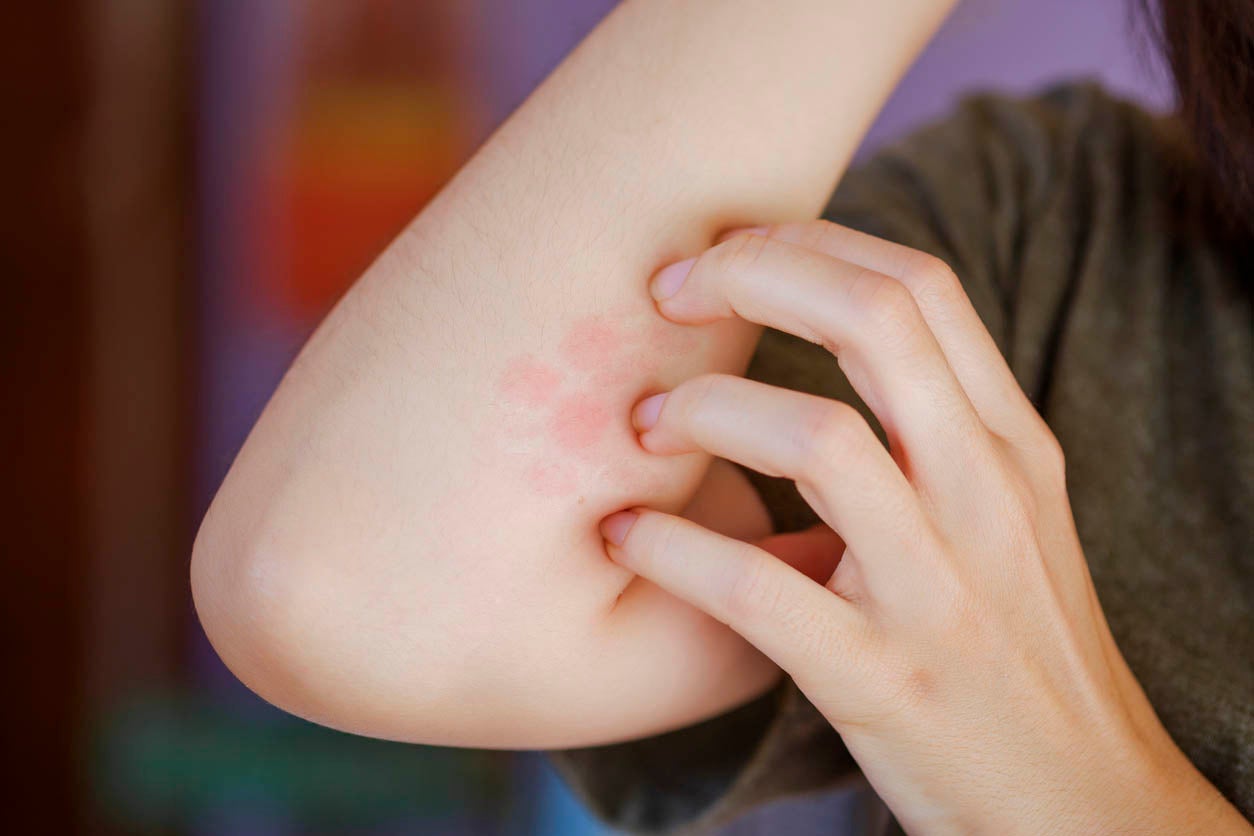
Credit: www.bobvila.com
Do you ever get itchy when I lay in bed, only to discover no bugs or visible irritants are causing the discomfort? Many people experience this mysterious itching sensation, and it can be pretty frustrating to deal with. In this article, we will explore the various reasons behind this perplexing issue and provide some insights into how it can be addressed.
Possible Reasons for Itching in Bed
There are several potential reasons why you might experience itching in bed without any bugs present. Understanding these factors can help you in identifying and addressing the root cause of your discomfort.
1. Dry Skin
Dry skin is a common culprit for itching, especially in the winter when the air is drier. When your skin lacks moisture, it can become itchy and irritated, particularly when in contact with fabrics such as bed sheets and blankets.
2. Allergens In Bedding
Another possible cause of itching could be allergens present in your bedding. Dust mites, pet dander, and pollen can accumulate in your sheets and pillowcases, triggering allergic reactions that lead to itching and discomfort.
3. Irritation From Laundry Detergent
The laundry detergent and fabric softener you use to wash your bedding could be contributing to your itchiness. Certain chemicals and fragrances in these products may irritate your skin, causing itching and redness.
4. Stress And Anxiety
Believe it or not, stress and anxiety can manifest physically in the form of itching. When you lay in bed, your mind and body may finally start to unwind, releasing stress-related hormones that can exacerbate itching sensations.
Addressing the Itchy Bed Dilemma
Now that we have identified some potential reasons for itching in bed, let’s explore strategies to alleviate this issue and make your sleep environment more comfortable.
1. Moisturize Your Skin
To combat itching caused by dry skin, it’s essential to keep your skin well-hydrated. Regularly moisturize your body, especially before bedtime, using a gentle and hypoallergenic lotion to lock in moisture.
2. Wash Bedding Regularly
To reduce exposure to allergens, regularly wash your bedding, including sheets, pillowcases, and comforters. Use hot water to kill dust mites and remove any potential irritants.
3. Choose Hypoallergenic Products
Opt for hypoallergenic laundry detergents and fabric softeners that are free from harsh chemicals and fragrances. These products are formulated to be gentle on the skin and can help reduce irritation.
4. Practice Stress-relief Techniques
If stress and anxiety are contributing to your itching, consider incorporating relaxation techniques such as deep breathing, meditation, or gentle yoga before bed to help calm your mind and body.
Seeking Professional Help
If your itching persists despite trying these interventions, it may be beneficial to consult with a dermatologist or allergist. They can help identify any underlying skin conditions or allergies that could be contributing to your symptoms and provide suitable treatment options.
By understanding the potential reasons for itching in bed and implementing appropriate measures to address them, you can create a more comfortable and restful sleep environment for yourself. Remember that identifying the specific cause of your itching is key to finding effective solutions, so don’t hesitate to seek professional guidance if needed.
Frequently Asked Questions On Why Do I Get Itchy When I Lay In Bed But No Bugs
Why Do I Feel Itchy In Bed?
When skin cells and sweat accumulate, it can cause itching, especially at night.
What Causes Itching In Bed But No Bugs?
Dry skin, allergies, or irritants in your bedding could be causing the itching sensation.
How Do I Prevent Itching In Bed?
Try using hypoallergenic bedding, moisturizing before bed, and keeping your bedroom cool.
Can Stress Cause Itching In Bed?
Yes, stress can trigger itching, as it can worsen skin conditions like eczema.
